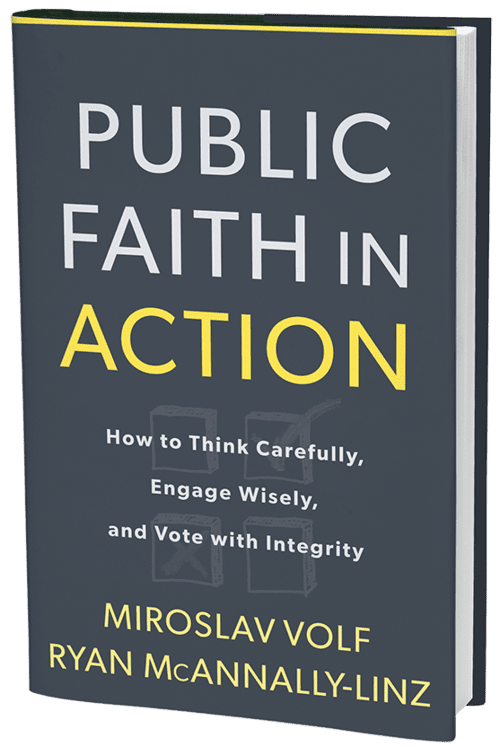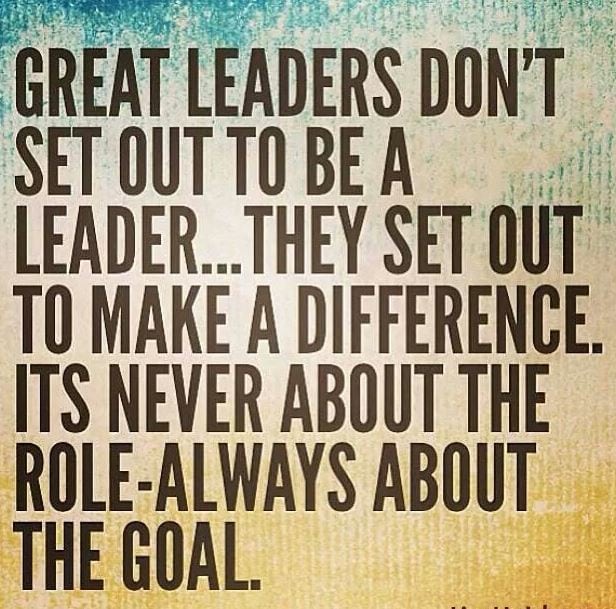
Re-Thinking the ‘Cashless Welfare Card’
July 12, 2016
Public Faith in Action by Volf & McAnnally-Linz
July 19, 2016I remember Pat Dodson once saying something like: “Aboriginal people are sick and tired of consultation that leads to no substantive change. We want a real role in decision making, Government needs to move from consultation to negotiation when dealing with our people.”
During a 2014 conference to End Homelessness in Vancouver, some delegates urged that individuals with lived experience received equitable representation from service providers, researchers, policy makers, and others. They stated that without including individuals with lived experience in the decision making process, in research, and in all other endeavours, it creates an unbalanced approach to ending homelessness. A council was formed and its first action was to articulate principles for the inclusion and leadership of people with lived experience in organisations and initiatives that aim to address homelessness. They presented these principles to the conference plenary under the banner, “Nothing About Us Without Us.” The principles pointed to the importance of first voice inclusion in all endeavours to end homelessness.
This is true of any social issue – the people who are living it usually have the best understanding about what the problem is and what needs to be done to address it.
There is deliberate confusion about the distinction between consultation and negotiation. Consultation implies a dialogue, where input is sought by government or its agents from the public, or from particular sectors of it, either to help shape the dimensions of an issue or to comment on proposed policy options. Negotiation is a rather more sharply focused dialogue, where the object normally is to hammer out agreement on a particular set of issues.
Consultation is an input to policy development and analysis: a tool for the collection of ideas and reactions to ideas before final decisions are made. The products of consultation are not policy advice, but inputs to policy advice; it is not a substitute for negotiation, as governments still make the final decisions.
In stark contrast negotiation is real engagement and active participation in the decision making process.
To me that says ‘to negotiate’ has currency and ‘consultation’ is but a step towards a negotiated outcome. So how do we line up the ducks?
Consumer directed care is a key driver in the new policy framework and settings for delivery of human services at both a State and Commonwealth level.
And how do we get Commonwealth and State agencies to commit to working in the ‘consumer directed care’ policy framework that Government itself established? This policy imperative is fundamentally about choice and control. However, I prefer the term ‘citizen’ rather than ‘consumer’.
‘Choice’ is rendered little more than a token appeal and platitude within this context of slashing support and infrastructure that is not amenable to the interests of the State. This reflects not any choice or self determination in pursuit of passions, creativity and personal flourishing, not a democratic control over the content of one’s law and culture, but an ability to differentiate selection from a narrowing range of options.
‘Choice’ seems to afford less and less power to citizens and more to the whims of bureaucrats – with whom the modern State is so intimately connected – as if the market is the ultimate arbiter of not only self-determination but quality.
The optimisation of people and their aspirations into a one size fits all approach subjugates their decisions to the priorities of a range of bosses; this apparently encapsulates in it all the aspirations which might define ‘choice’. This term exposes itself, and the market framework in which it is situated as hollow and emasculated; with the best options available to those who pay more, and all those ‘choices’ culminating in the same indebted, exploited condition, and indeed riven with the broken promises of an austerity economy and a precarious labour market.
We don’t need to look very far to recognise the failure of marketisation, look at community services are now threatened by closure or merging. So much for the ‘common good’.
The entire facade of consultation is unraveled as little more than a superficial tapping into selected and possibly privileged voices within a policy framework fixed in principle and intention. It is an ostensibly equitable process, however it is situated on the territory of the powerful. The language of ‘choice’ betrays itself again here, never entailing the determination and formation of community aspirations in accordance with community voices and collective decision making processes, but simply the expression of those voices by proxy through elite figures, borne out by the assumption that community members as citizens do not know what is in their best interests, but that those decisions are best rendered by others.
Indeed, there is little opportunity or capacity to raise an opposition in principle, or to challenge the notions the new ideology and policy settings present. Instead the questions are leading, inaccessible, and intended to implement predetermined models.
Alternative voices are neutralized, in that if we suggest the contrary, that would imply that we were opposed to the concept of improving access and equity via choice.
It is most likely that consultation is not structured to facilitate the expression of opinions which counter the very ideas government wishes to promulgate. The unfair advantages and weighting provided to the voices of certain stakeholders within consultation processes.
Clearly, those who are most capable of providing evidence and statistics will be perceived as more legitimate and thus will be assigned more significance by those affected by citizen consultation. Those most capable of providing evidence will be those already in positions of institutional power, familiar with the mechanisms of already existing projects and policies.
By extension, the voices which will most influence the outcomes of consultation will be those with already vested interests who are familiar with navigating existing systems and structures of authority and power.
For all the rhetoric around ‘choice’ – the language and process of consultation is inaccessible to many stakeholders and those without specific institutional knowledge, thus restricting their input and exposing ‘choice’ not so much as an expression of control over their lives, but a government reform agenda cloaked in language of engagement.
It is highly questionable that citizens have the ability to effect major adjustments to policies and principles set by a powerful bureaucracy. Indeed, often consultation reflects the elitist and exclusive nature of our bureaucratic systems. Further, I suggest conciliation with that group is impossible when they work within a political context that is fundamentally committed to neo-liberalism.



